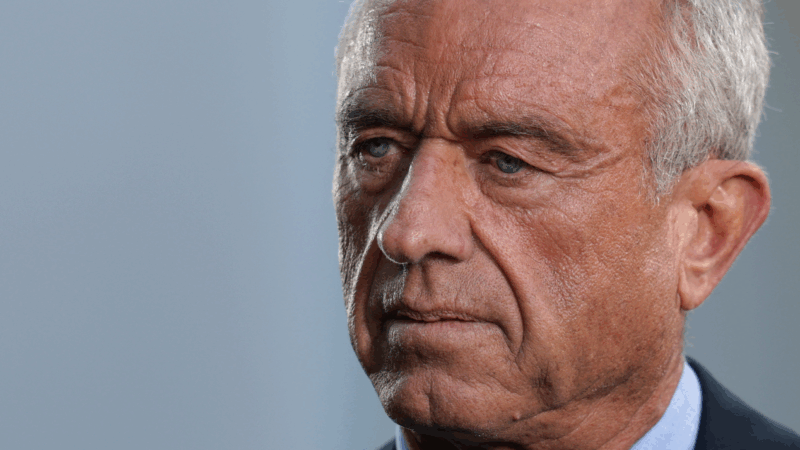Judges block appeal to redraw congressional district maps
Federal judges rejected an appeal by Alabama’s Secretary of State to its ruling that the state congressional district map violated the Voting Rights Act and the Fourteenth Amendment. The three-judge panel unanimously, and for the second time, found that the state drew a map that unfairly discriminated against Black Alabamians. The state must continue to use a federally drawn map until 2030 which gives Alabama two districts where’s Black voters have the opportunity to elect a representative of their choice.
Secretary of State Wes Allen filed an appeal in June asking the U.S. Supreme Court to review the case and the panel’s rejection of congressional maps drawn by the state legislature in 2021 and 2023 that offered only one majority-Black district.
In its order, the panel said Alabama must use the map drawn for it, also known as Special Master Remedial Plan 3, until the legislature enacts a new congressional districting plan based on newly gathered census data in 2030.
Allen said he cannot comment on ongoing litigation in which he is named as a defendant.
The case was first brought forward in November 2021 by members of the NAACP, the ACLU and other voting rights advocates. Judges sided with the plaintiffs ruling the Alabama legislature intentionally discriminated against Black voters and required the state to redraw a map with two districts where Black voters can elect candidates of their choice or something similar. After Alabama’s legislature redrew a map that courts again found violated voters rights, the panel ordered that a third map be created.
Two district judges overseeing the case, Anna Maria Manasco and Terry F. Moorer, are President Trump appointees. The third, Circuit Judge Stanley Marcus, was nominated first by President Reagan and later by President Clinton.
The Special Master Remedial Plan 3 map was used in the 2024 election and Alabama elected two Black Congressional representatives for the first time: Democrats Terri Sewell and Shomari Figures.
In their August 7 decision, the panel did not determine whether Alabama will be brought under the preclearance requirement of the Voting Rights Act, as requested by the plaintiffs. The requirement would prevent any map drawn by the Alabama legislature in 2030 from going into effect until federal authorities review and approve it first.
While the state argues this request is “perverse,” the plaintiffs say it is necessary to prevent lawmakers from violating voters rights. After hearing arguments last month, the panel gave the state a 30-day window to draw up additional arguments.
‘Not for sale’: massive protest in Copenhagen against Trump’s desire to acquire Greenland
Thousands of people rallied in Copenhagen to push back on President Trump's rhetoric that the U.S. should acquire Greenland.
Uganda’s longtime leader declared winner in disputed vote
Museveni claims victory in Uganda's contested election as opposition leader Bobi Wine goes into hiding amid chaos, violence and accusations of fraud.
Opinion: Remembering Ai, a remarkably intelligent chimpanzee
We remember Ai, a highly intelligent chimpanzee who lived at the Primate Research Institute of Kyoto University for most of her life, except the time she escaped and walked around campus.
The near death — and last-minute reprieve — of a trial for an HIV vaccine
A trial was about to launch for a vaccine that would ward off the HIV virus. It would be an incredible breakthrough. Then it looked as if it would be over before it started.
Bessemer data center developer to request rezoning for additional 900 acres
The city’s attorney informed council members of the request on Tuesday, warning that there may be media scrutiny.
Is RFK Jr.’s Administration for a Healthy America — AHA — in the works or not?
The Administration for a Healthy America is RFK Jr.'s plan to tackle chronic disease, addiction and other persistent problems. But so far it's not being set up like previous new agencies.






